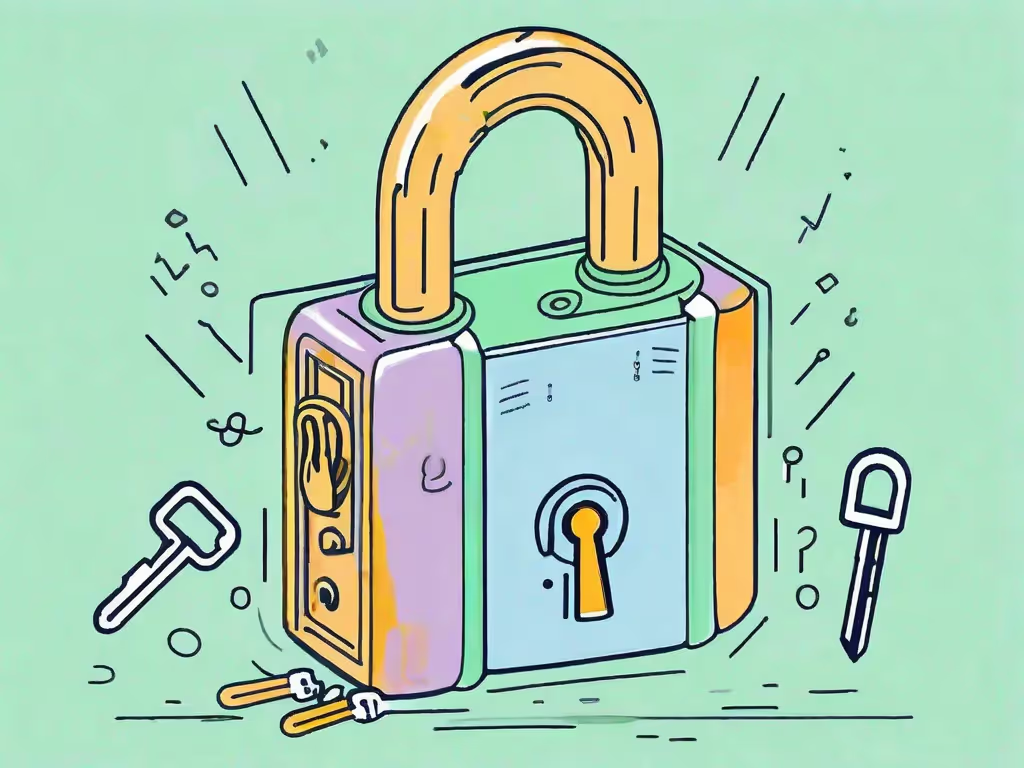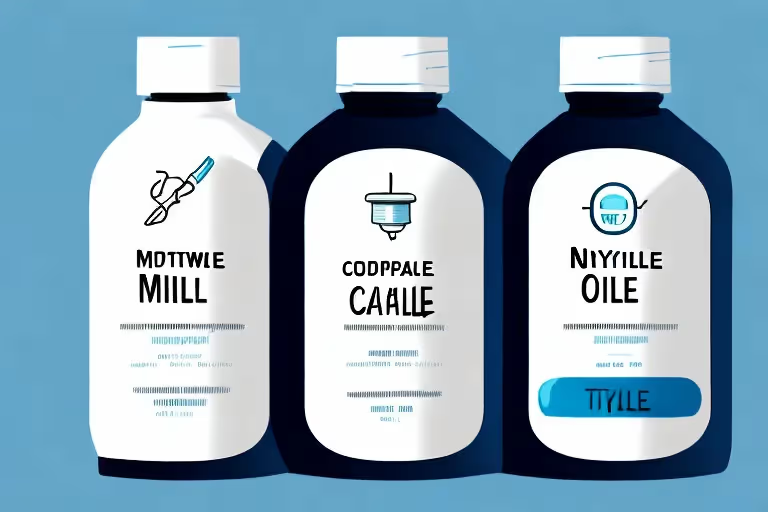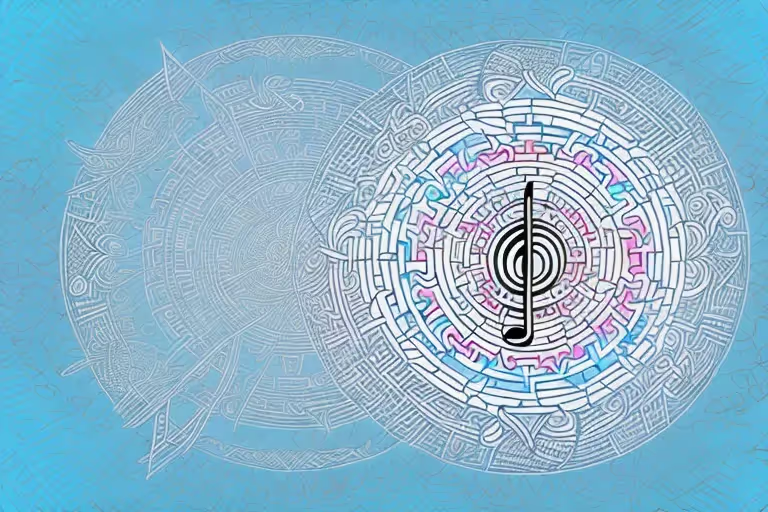Kindness is a powerful force that has the ability to transform lives and bring about positive change. In a world that can often seem overwhelming and filled with negativity, simple acts of kindness can make a significant difference. Whether it's a smile, a helping hand, or a kind word, these small gestures of goodwill have the power to spread positivity and create a ripple effect that can touch the lives of many.
Understanding the Power of Kindness
Kindness is not just a nice thing to do; it has a profound impact on both the recipient and the giver. Research has shown that acts of kindness trigger the release of dopamine, a feel-good hormone in the brain. This not only boosts the mood of the person receiving the act of kindness but also provides a sense of joy and fulfillment to the one performing the kind deed. The act of kindness becomes a win-win situation, creating a positive cycle of happiness.
But what exactly happens in our bodies when we engage in acts of kindness? Scientists have delved into the science behind kindness and have made fascinating discoveries. It turns out that kindness can lower levels of stress and anxiety. When we engage in acts of kindness, our body produces oxytocin, also known as the "love hormone." Oxytocin has been found to reduce blood pressure and improve overall cardiovascular health. It's incredible to think that a simple act of kindness can have such a profound impact on our physical well-being.
But the benefits of kindness don't stop there. Research has also shown that kindness has a significant impact on our mental well-being. Engaging in acts of kindness releases endorphins, which are natural painkillers and mood enhancers. These endorphins not only reduce feelings of anger, depression, and anxiety but also promote a sense of belonging and connection to others. Kindness fosters positive relationships and improves overall mental health.
It's fascinating to consider the ripple effect of kindness. When we are kind to others, it not only benefits them but also has a positive impact on ourselves. Acts of kindness create a domino effect, inspiring others to pay it forward and spread kindness to even more people. It's a beautiful cycle that has the power to transform communities and make the world a better place.
The Science Behind Kindness
Scientists have dedicated countless hours to studying the science behind kindness, and their findings continue to amaze us. Beyond the release of dopamine and oxytocin, researchers have discovered that acts of kindness can lead to a strengthened immune system. When we engage in kind acts, our body produces more antibodies, which play a crucial role in fighting off infections and diseases. This means that kindness not only makes us feel good but also boosts our body's ability to stay healthy.
Furthermore, studies have shown that acts of kindness can increase longevity. People who regularly engage in acts of kindness tend to live longer and have a higher quality of life. This could be due to the positive impact kindness has on our mental and physical health. By reducing stress, improving cardiovascular health, and fostering positive relationships, kindness sets the stage for a longer and happier life.
The Psychological Impact of Kindness
Kindness goes beyond the physical benefits; it also has a profound psychological impact. Engaging in acts of kindness has been found to improve self-esteem and overall well-being. When we help others, it gives us a sense of purpose and fulfillment, boosting our confidence and self-worth. Kindness also promotes empathy and compassion, allowing us to better understand and connect with others.
Moreover, research has shown that kindness can have a positive impact on our social lives. When we are kind to others, it creates a positive impression and fosters stronger relationships. People are naturally drawn to those who exhibit kindness and are more likely to form lasting connections with them. Kindness acts as a social lubricant, breaking down barriers and creating a sense of unity among individuals.
In conclusion, the power of kindness extends far beyond a simple act. It has the ability to improve our physical health, boost our mental well-being, and enhance our social connections. By understanding the science and psychology behind kindness, we can fully appreciate its impact and strive to incorporate more acts of kindness into our daily lives. Let us embrace kindness and unleash its transformative power in the world.
Everyday Acts of Kindness
Kindness is not limited to grand gestures or heroic acts; it can be practiced in everyday life. From something as simple as holding the door open for someone, to offering a listening ear to a friend in need, everyday acts of kindness can have a profound impact on individuals and communities.
Kindness in the Home
The home is where kindness begins. By showing kindness and respect to our family members, we create a loving and nurturing environment. Offering a word of encouragement, helping with household chores, or simply spending quality time together can strengthen relationships and create a sense of unity within the family.
Kindness in the Workplace
The workplace is another space where kindness can thrive. Taking the time to acknowledge and appreciate the efforts of colleagues, offering support and assistance when needed, or simply being kind and respectful in our interactions can create a positive work environment. Kindness in the workplace improves morale, increases productivity, and fosters teamwork.
Kindness in the Community
Acts of kindness can also extend beyond the walls of our homes and workplaces, making a positive impact on our communities. Donating to local charities, volunteering our time to help those in need, or simply being kind and considerate to our neighbors can create a sense of unity and belonging. It strengthens the social fabric of our communities and inspires others to perform acts of kindness.
The Ripple Effect of Kindness
Kindness has a way of spreading like wildfire. Small acts of kindness have the power to create a ripple effect, touching the lives of many and inspiring others to spread kindness as well.
How Kindness Spreads
When we engage in acts of kindness, it not only impacts the individual we are helping but also those who witness the act. Kindness has a contagious nature. Seeing others perform acts of kindness inspires us to do the same, creating a chain reaction of positivity.
The Long-term Effects of Kindness
The effects of kindness are not limited to the immediate moment; they have long-term benefits. Kindness fosters positive relationships and builds a sense of trust and support within communities. This, in turn, creates a more harmonious and inclusive society, where individuals are more willing to lend a helping hand and support one another.
Cultivating a Culture of Kindness
Creating a culture of kindness starts with each and every one of us. By consciously choosing to be kind and encouraging others to do the same, we can create a ripple effect that extends far beyond ourselves.
Promoting Kindness in Schools
Children are the future, and instilling kindness in them from an early age is crucial. By incorporating kindness education programs in schools, teaching empathy and compassion, we can create a generation of empathetic and caring individuals. This will not only benefit individual students but also create a more harmonious and inclusive school environment.
Encouraging Kindness in Society
Kindness is contagious, and it starts with each and every one of us. By leading by example and making kindness a priority in our own lives, we can inspire others to do the same. Simple acts of kindness can have a profound impact on our society, creating a more compassionate and caring world.
Overcoming Barriers to Kindness
While kindness may seem like a natural and inherent trait, there can be barriers that prevent us from fully embracing and practicing it. By recognizing these barriers and actively working to overcome them, we can create a kinder world.
Breaking Down the Myths of Kindness
Sometimes, misconceptions and stereotypes can prevent us from being kind. The belief that kindness is a sign of weakness or that it is only reserved for certain individuals can hinder our ability to practice kindness. By challenging these myths and understanding that kindness is a strength that we all possess, we can break down these barriers and embrace kindness fully.
Addressing the Challenges of Being Kind
There may be challenges and obstacles that we face when trying to be kind. Busy schedules, stress, and personal difficulties can sometimes distract us from kindness. However, by being mindful of these challenges and making a conscious effort to prioritize kindness, we can overcome these barriers and ensure that kindness becomes a natural part of our lives.
To encourage a culture of kindness, the Aura Health App provides mindfulness and meditation exercises that promote empathy and compassion. By practicing these exercises regularly, we can cultivate kindness not only towards others but also towards ourselves, creating a more positive and compassionate world.
Aura is Your All In One App for Meditation, Mindfulness Wellbeing
Find peace every day with one app for your whole well-being. There is no one-size-fits-all solution to mental well-being. Aura is the first all-in-one wellness app that learns how to best help you. Discover an endless library of expert-created tracks for your well-being, all taught by the world’s best coaches, therapists, and storytellers. With Aura's personalized recommendations, you can find peace every morning, day and night.



.webp)






.avif)

%20(1).avif)


.avif)
.avif)
.webp)


.avif)


















































































































.avif)

















.svg)









